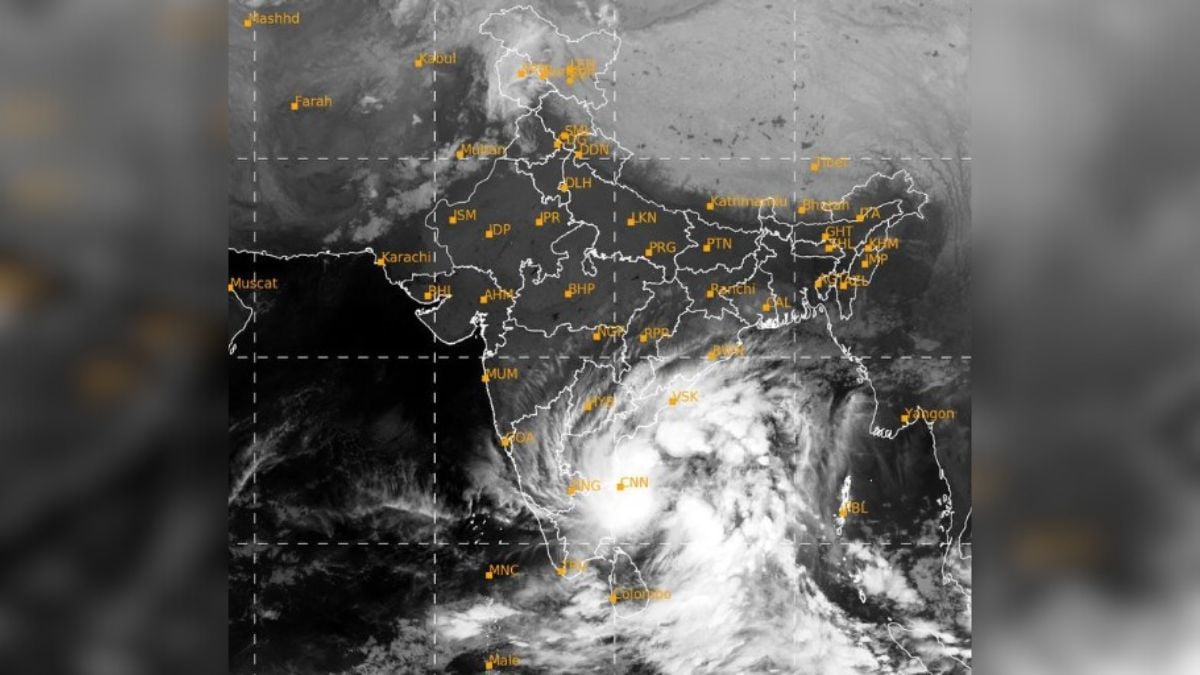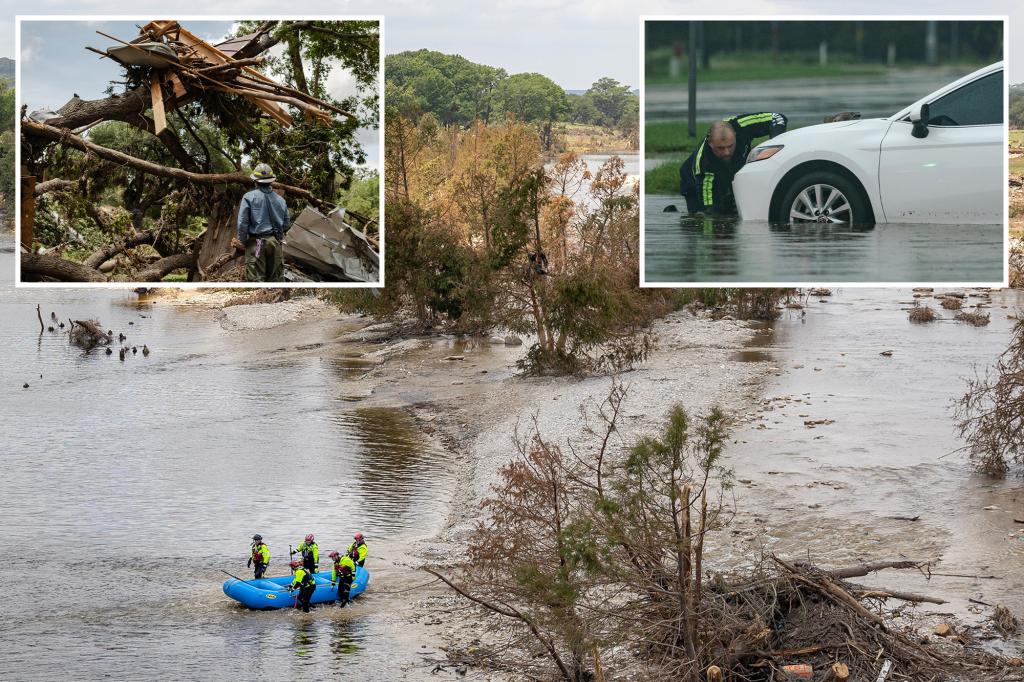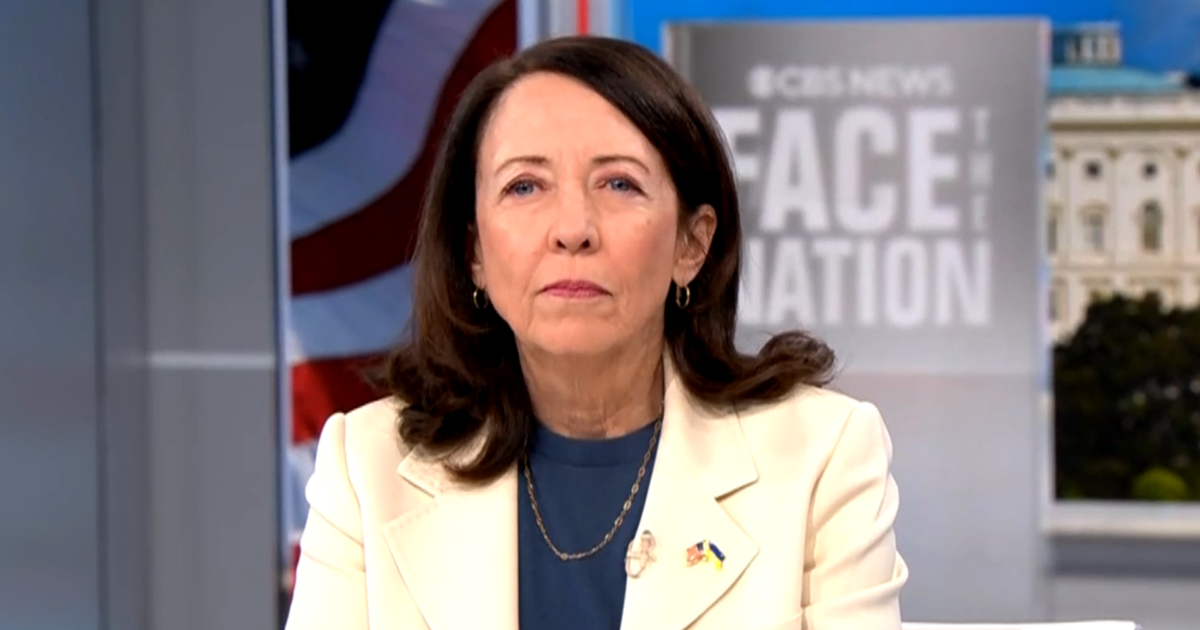Chennai on High Alert: The Impending Threat of Cyclone Fengal and What It Means for the Region
As Cyclone Fengal barrels towards the coast of Tamil Nadu, authorities, residents, and experts are closely monitoring the storm’s trajectory. With landfall expected within the next 24-48 hours, Chennai, the capital city of Tamil Nadu, is on high alert. This report takes a deep dive into the preparations, forecasts, and potential impacts of Cyclone Fengal on the region. It also explores broader climate trends and the region’s vulnerability to tropical cyclones, providing a comprehensive understanding of the current situation and its long-term implications.
The Path of Cyclone Fengal: What We Know So Far
Cyclone Fengal formed in the Bay of Bengal and is currently intensifying as it moves toward the Tamil Nadu coastline. According to the India Meteorological Department (IMD), Fengal is expected to bring heavy rainfall, strong winds, and coastal flooding to Chennai and surrounding areas. The storm’s rapid development has left little time for preparation, adding an element of urgency to the response efforts.
As of the latest updates, Fengal has intensified into a severe cyclonic storm, with sustained winds reaching speeds of up to 100 km/h. The cyclone is expected to make landfall near the southern districts of Tamil Nadu, which will exacerbate the impact in Chennai, an area already accustomed to seasonal storms. Meteorologists predict that the storm’s path may shift slightly, but its overall impact will be severe due to its size and strength.
Preparations Underway: What Authorities Are Doing
With the threat of Cyclone Fengal looming large, the Tamil Nadu government, along with local authorities in Chennai, has initiated a series of emergency measures. These preparations focus on evacuation plans, flood control, and ensuring the safety of vulnerable populations, especially those in low-lying areas and informal settlements along the coast.
- Evacuation and Shelters: Authorities have identified vulnerable zones and are evacuating people to designated cyclone shelters. Over 50,000 people are expected to be moved to safety in the coming hours.
- Flood Prevention: Chennai has long struggled with flooding, particularly during monsoon season. The city’s drainage systems have been reinforced, and large-scale clean-up operations are underway to ensure stormwater drains are free from debris.
- Public Awareness: The government has launched public awareness campaigns, encouraging people to stay indoors and avoid travel unless absolutely necessary. Local media outlets are providing continuous updates on the storm’s progress.
- Power and Communication Lines: Tamil Nadu Electricity Board (TNEB) is on high alert, with teams ready to restore power lines in the event of outages caused by fallen trees or wind damage. Emergency communication channels are also being set up for quicker coordination during the crisis.
Impact on Chennai: Rain, Wind, and Coastal Flooding
Chennai, a city with a population of over 7 million people, is no stranger to the fury of cyclones. The city has historically faced considerable damage from storms, with the most notable being Cyclone Vardah in 2016, which left hundreds dead and caused widespread destruction. While the full impact of Cyclone Fengal remains uncertain, early projections suggest several risks:
- Heavy Rainfall: The cyclone is expected to bring between 100 mm to 200 mm of rain over the next 48 hours. This could lead to localized flooding, especially in low-lying areas and urban slums that lack adequate drainage infrastructure.
- Strong Winds: Winds reaching up to 100 km/h will likely uproot trees, disrupt power supply, and cause structural damage, particularly to poorly built homes.
- Storm Surge: Coastal areas, including parts of Chennai, are expected to experience a storm surge, with water levels rising as much as 1.5 meters above normal. This could lead to significant flooding along the shoreline and may even inundate nearby roads and coastal communities.
Climate Change and the Rising Threat of Cyclones
The increasing frequency and intensity of cyclones in the Bay of Bengal is a concern that has gained considerable attention in recent years. Experts believe that climate change is exacerbating the impact of tropical storms in the region. Rising sea surface temperatures and increased atmospheric moisture are contributing to stronger cyclonic systems, making them more destructive and unpredictable.
In particular, Chennai’s geographical location makes it highly susceptible to the impacts of cyclones. Situated on the southeastern coast of India, the city lies in the path of several storms that form in the Bay of Bengal, a region known for its annual cyclonic activity. However, the changing dynamics of the monsoon and an increase in sea temperatures mean that storms are not only becoming more frequent but also more intense.
The effects of these storms are not just felt in terms of immediate damage but also have long-term consequences on the city’s infrastructure and economy. Chennai’s already stretched resources are put under pressure, particularly when the cyclone disrupts essential services like transportation and healthcare.
Broader Implications: Economic, Social, and Environmental Impact
The economic ramifications of Cyclone Fengal’s impact on Chennai and Tamil Nadu as a whole are likely to be severe. Key sectors, including transportation, agriculture, and tourism, will feel the effects of the storm.
- Agricultural Losses: Tamil Nadu is a major producer of crops such as rice, groundnuts, and sugarcane. Cyclones often destroy standing crops, leading to financial losses for farmers. The storm could also affect post-harvest operations, as flooding damages stored grains and other produce.
- Tourism and Hospitality: Tourism is a significant contributor to Chennai’s economy, but severe weather can cause cancellations of flights, train services, and hotel bookings. The sudden onset of the storm may deter tourists from visiting, resulting in revenue losses for local businesses.
- Infrastructure Damage: Storm surges and heavy rainfall can damage roads, bridges, and other critical infrastructure. This not only affects day-to-day life but can also take months to repair, leading to long-term disruptions in local and regional economies.
On the social front, the cyclone disproportionately impacts vulnerable populations. These include low-income families who live in informal settlements that lack proper housing or flood protection. Women, children, and the elderly are particularly at risk, as they often have less access to evacuation resources and healthcare services during emergencies.
Furthermore, the environmental damage from a storm like Fengal is significant. Coastal ecosystems, including mangroves and coral reefs, are vulnerable to the storm surge and changes in salinity levels. These ecosystems play a crucial role in maintaining biodiversity and mitigating coastal erosion. The loss of these resources can have long-term consequences for the environment and the livelihoods of those who depend on them.
The Way Forward: Building Resilience in Chennai
As Tamil Nadu braces for the arrival of Cyclone Fengal, the emphasis on disaster preparedness, early warning systems, and climate adaptation measures has never been more critical. Moving forward, it is essential for cities like Chennai to invest in resilient infrastructure and improve their response to cyclones. Efforts to strengthen building codes, improve drainage systems, and raise public awareness can go a long way in mitigating the impact of future storms.
Moreover, the government must focus on climate adaptation strategies that address the root causes of increased cyclone activity, such as reducing greenhouse gas emissions and investing in sustainable development. A long-term approach to both preparedness and mitigation will help ensure that Chennai remains resilient in the face of an uncertain climate future.
Conclusion: A City on the Edge
Cyclone Fengal is a stark reminder of the vulnerability of coastal cities like Chennai to the growing threat of climate-related disasters. While the immediate impact of the storm remains to be seen, the region’s ability to bounce back will depend on how well it manages disaster response, strengthens its infrastructure, and adapts to changing climatic conditions. As residents brace for impact, the focus now is on minimizing loss of life, protecting vulnerable populations, and preparing for a future where extreme weather events are more common than ever before.
For more information on disaster preparedness and updates on Cyclone Fengal, visit the India Meteorological Department.
To understand how climate change is affecting cyclone patterns, check out this article on IPCC’s latest climate report.
See more Your Daily Weather



